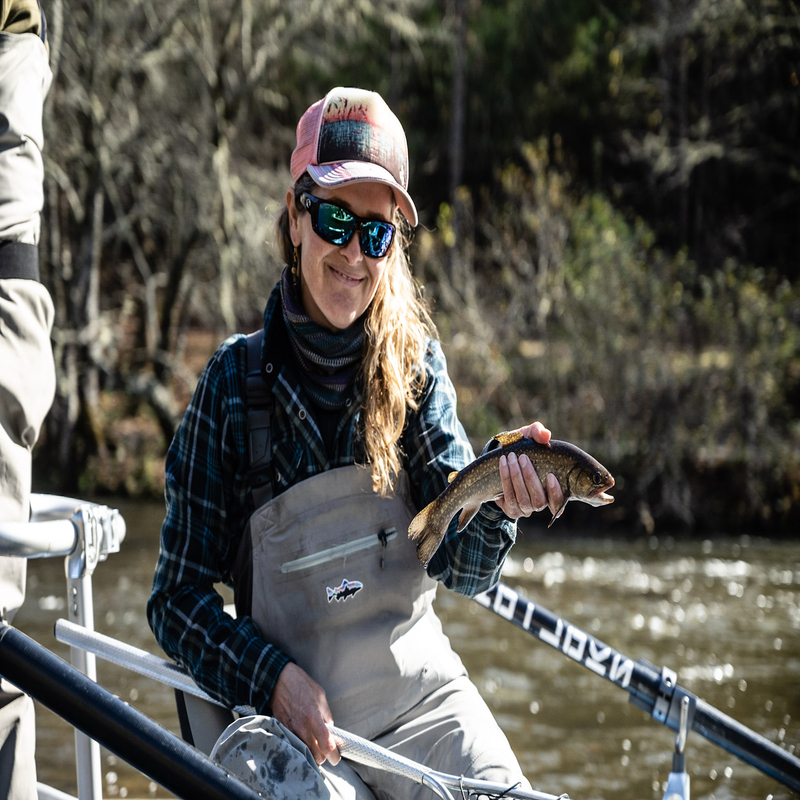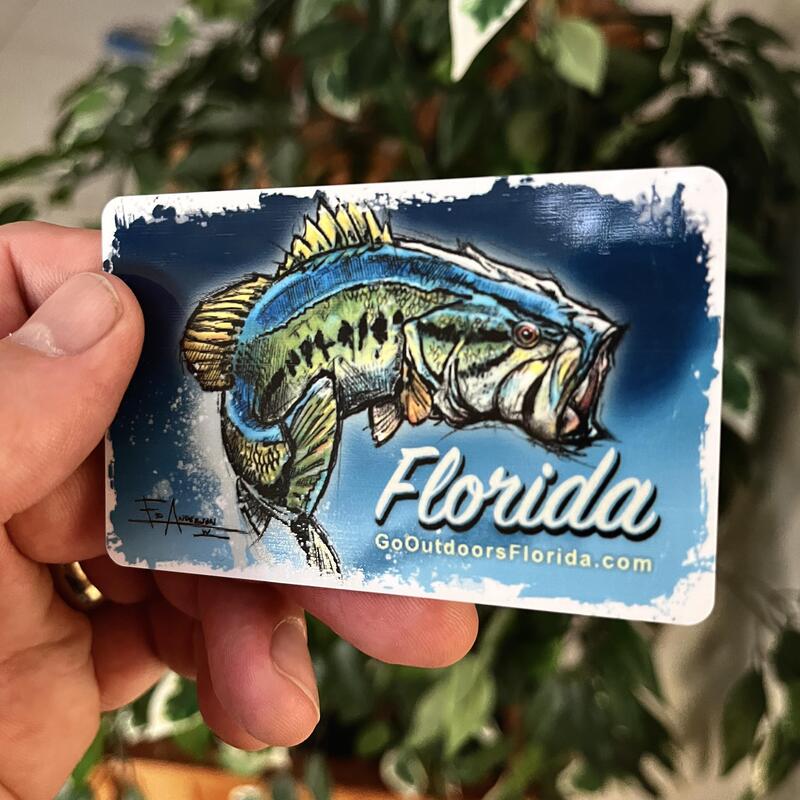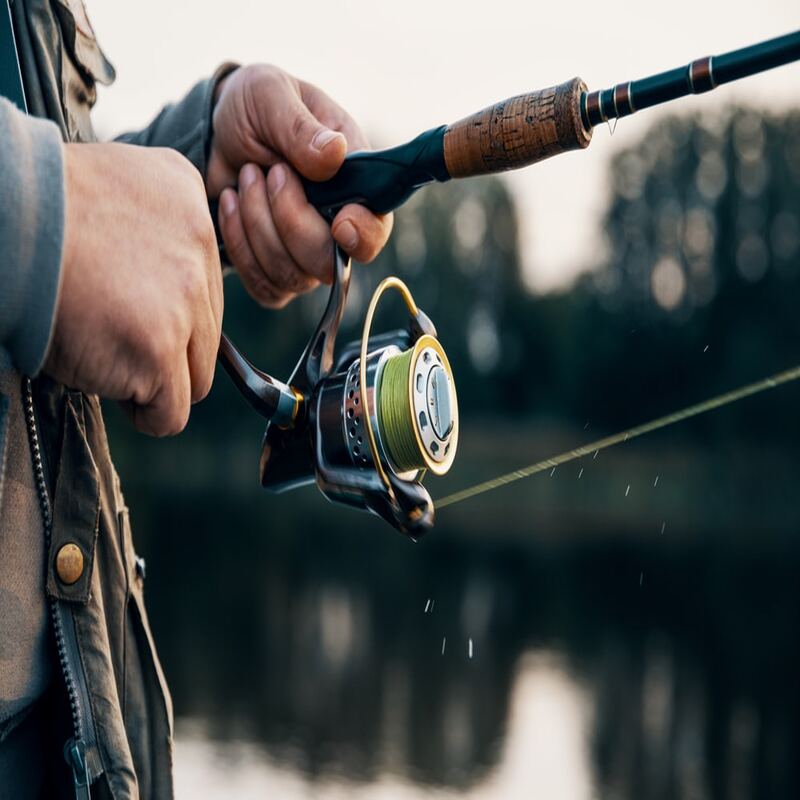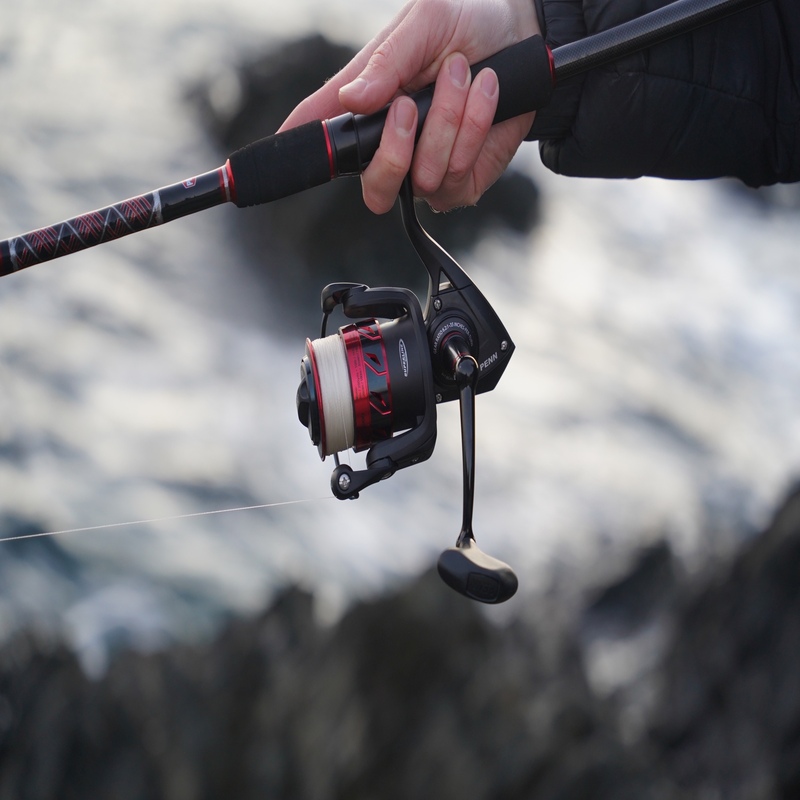Overview of Fee Increases for NC Fishing Licenses
Fishing enthusiasts in North Carolina, take note. The cost for your fishing license is set to rise. Starting July 1, licenses for both residents and non-residents will see an increase. These changes stem from adjustments in the Consumer Price Index (CPI). The increments help cover rising operating expenses due to inflation and higher demand for services. The Wildlife Resources Commission (WRC) and Division of Marine Fisheries (DMF) rely on these fees. They use the funds to maintain quality programs and the environment for anglers.
To give an idea of the new fees, here’s a snapshot:
- Annual Resident Coastal licenses will jump from $16 to $19.
- Non-residents will pay $38, up from $32.
- Short-term licenses for 10 days will go from $6 to $8 for residents.
- Non-residents’ 10-day licenses will increase to $14, up from $11.
These are just examples. There are various other licenses affected by the hike. Ensure to check the official NC Wildlife Resources Commission site for the full list. Be aware that a $2 transaction fee might apply when you purchase your license. Plan your fishing trips with these new costs in mind.
In summary, the upcoming fee hike reflects the need to sustain North Carolina’s wildlife resources. Make sure to budget extra for your fishing license after July 1.

Impact of Consumer Price Index on Licensing Fees
The Consumer Price Index (CPI) directly affects the cost of fishing licenses in North Carolina. The CPI measures changes in the price level of a basket of consumer goods and services purchased by households. This index has seen an increase, which in turn, prompts the adjustment of license fees. The N.C. Wildlife Resources Commission uses the CPI as a standard gauge to determine the necessary fee increases to match the rate of inflation.
With inflation impacting many areas of the economy, the cost of maintaining fishing habitats, resources, and services naturally rises. To ensure continued quality and sustainability, the Wildlife Resources Commission adjusts the fees to align with these increased operational costs. The fee hike is a result of a careful assessment and the need to fund important activities like conservation, habitat preservation, and fisheries management.
These adjustments are essential for the WRC to provide the services that anglers rely on for recreational fishing. By understanding how the Consumer Price Index influences licensing fees, anglers can better appreciate the necessity behind the cost adjustments. The upcoming changes ensure that North Carolina can continue to offer optimal fishing experiences while preserving its aquatic environments for future generations.
Specific Price Adjustments for Popular Licenses
For anglers planning to fish in North Carolina waters, it’s important to know exactly how much your fishing license will cost after the price hike. The Coastal Recreational Fishing License popular among anglers, has seen specific adjustments. Below are the new fees for some commonly purchased licenses:
- Annual Resident Coastal Recreational Fishing License will increase from $16 to $19.
- Annual Nonresident Coastal Recreational Fishing License will now cost $38, up from $32.
- Ten-Day Resident Coastal Recreational Fishing License prices are up, changing from $6 to $8.
- Ten-Day Nonresident Coastal Recreational Fishing License will cost $14, previously $11.
- Infant Lifetime Coastal Recreational Fishing License jumps to $126 from $106.
- Youth Lifetime Coastal Recreational Fishing License will see a new price of $189, up from $159.
- Resident Adult Lifetime Coastal Recreational Fishing License goes up to $315, increased from $265.
Additionally, combo licenses like the Resident Unified Sportsman/Coastal Recreational Fishing License, which covers basic hunting and allows fishing in all state waters, will now be $82, up from $69. Prices for various other lifetime licenses and non-resident options have also been adjusted. The rise in licensing fees is a move to manage the higher costs of conservation and resource maintenance in the face of inflation. For a complete list of new prices, anglers should check the official NC Wildlife Resources Commission website.
When budgeting for your fishing activities, please consider these new price points. The increase ensures that you can continue to enjoy the rich fishing experiences North Carolina is known for, while also contributing to the conservation and maintenance of aquatic habitats.

Buying Your NC Fishing License: Methods and Locations
For those planning to immerse themselves in the rich fishing tradition of North Carolina, obtaining a license is straightforward. Several avenues are available for acquiring your fishing license, which is key to a legal and enjoyable experience.
To start, visiting a wildlife service agent is one of the most common methods. These agents are located across the state, making it convenient to purchase a license in person. For added convenience, the NC Wildlife Resources Commission’s official website (ncwildlife.org) offers an easy platform to obtain a license online. This method is especially helpful if you prefer processing transactions digitally.
If you rather hear a human voice, calling the toll-free number 888-248-6834 is your go-to option. This service is quick and efficient. Finally, licenses are also available for purchase directly at the NC Wildlife Resources Commission office in Raleigh, for those who may be nearby or prefer an in-person transaction.
Purchasing a license is not just a step for compliance. It is also a contribution to the conservation efforts and management of North Carolina’s aquatic environments. The money goes back into maintaining the fishing areas and resources that we all love.
To ensure a smooth experience, remember to bring a valid form of photo identification when purchasing your license, as it’s a standard requirement. With all these options at your disposal, getting your fishing license is easy and contributes to safeguarding North Carolina’s fishing legacy for future generations.
Types of Fishing Licenses Available in North Carolina
North Carolina offers a variety of fishing licenses to suit different needs. Here’s a quick guide to the main types available:
- Coastal Recreational Fishing License (CRFL): This is for anglers who fish in coastal waters. It comes in annual, 10-day, and lifetime options.
- Inland Fishing License: Ideal for those who fish in inland waters. Also available in annual, short-term, and lifetime variants.
- Unified Sportsman/Coastal Recreational Fishing License: This combo license includes basic hunting privileges and allows fishing in all state waters.
- Lifetime Licenses: These are one-time purchase options for infant, youth, adult, and senior citizens that last a lifetime.
For specific pricing after the fee increase, and to decide which license works best for your fishing plans, check the NC Wildlife Resources Commission website. Keep in mind, certain licenses, like the Lifetime or Unified Sportsman options, offer great value for frequent anglers.
Choosing the right license is crucial whether you’re a resident or visiting angler. Remember, when you purchase a license, you contribute to conservation efforts and the upkeep of North Carolina’s beautiful fishing environments.
Factors Contributing to the Fee Increase
The hike in fees for North Carolina fishing licenses answers to several factors:
- Inflation and CPI: As the Consumer Price Index rises, so do the costs of goods and services. The fees adjust to match,keeping pace with the economy.
- Enhanced Service Demand: More people are fishing and using wildlife services. This increase needs more funding.
- Operating Costs: Costs to run programs, manage habitats, and conserve wildlife have risen. The fees help cover these.
- Resource Management: Funds from licenses go into fishery health. They ensure fishing remains an enjoyable activity.
These elements together explain why the state must increase fees. The aim is to keep providing high-quality fishing experiences.
Fishing contributes to the state’s natural beauty and residents’ well-being. These fee changes support this valuable resource.
Note that these fees are essential for the health of both the hobby and the environment. They help fund conservation projects and ensure future generations can enjoy North Carolina’s waters.
Remember to factor in these new costs when planning your next fishing adventure. By doing so, you’re investing in the state’s aquatic legacy.

Making the Most of Your Fishing License
With the upcoming changes to fishing license fees in North Carolina, it’s crucial for anglers to maximize their investment. Whether you’re a local resident or a visitor, getting the most out of your fishing license involves a few key steps. Here’s how you can ensure that every dollar spent on your license contributes to a rewarding fishing experience:
- Understand the Rules: Know the current fishing regulations, size and catch limits, and abide by them to avoid fines.
- Fish Often: The more you use your license, the more value you get from it. Plan regular fishing trips.
- Leverage the License Benefits: Your fees support conservation. Enjoy guilt-free fishing, knowing you contribute to habitat protection.
- Take Advantage of Various Fishing Areas: Explore different fishing spots within NC to experience diverse fishing opportunities.
- Participate in Surveys and Research: Offer feedback when asked. Your input helps improve the management of North Carolina’s aquatic resources.
- Educate Others: Help newcomers understand the importance of purchasing a fishing license and adhering to regulations.
Purchasing a fishing license goes beyond legal compliance—it’s a commitment to sustaining NC’s rich fishery resources and ensuring future generations can enjoy them too.
Understanding the Free Fishing Day Opportunity
North Carolina’s Free Fishing Day is a unique occasion that anglers look forward to each year. On this day, residents can fish in public waters without a fishing license. It’s an excellent opportunity for people to try fishing for the first time, or for seasoned anglers to introduce friends and family to the sport without the upfront cost of a license. The event generally occurs on July 4th, serving as part of the holiday celebrations.
Take note of these points for Free Fishing Day:
- Annual Event: It takes place once a year, so plan accordingly.
- Open Access: Fish in any public body of water statewide.
- Regulations Still Apply: Despite no license needed, fishing regulations, such as size and bag limits, remain in effect.
- Great for Beginners: An ideal time for novices to learn fishing basics.
- Conservation Focus: Even on this day, the importance of conservation and respect for nature is emphasized.
Whether you’re a beginner or a pro, Free Fishing Day in NC is a great time to celebrate the joys of fishing, contribute to the community, and maybe even develop a new hobby. So grab a rod, some bait, and enjoy the beautiful waters of North Carolina at no cost for a day. Just remember to respect the rules and wildlife, as these ensure fishing remains a sustainable and enjoyable activity for everyone.
